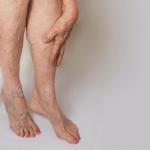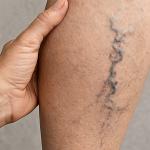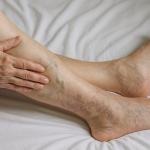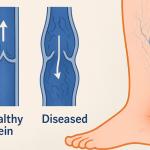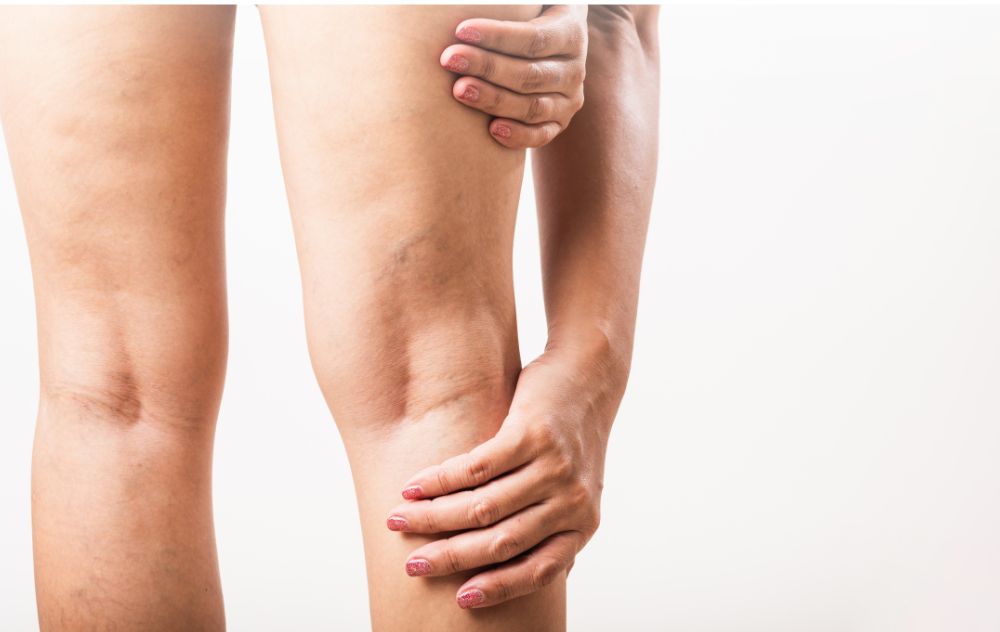
Varicose veins are often thought of as a condition that affects older adults, but the truth is, they can start much earlier than you might expect. If you’ve noticed bulging, twisted veins or heavy, achy legs, you may be wondering: What age do varicose veins appear?
Let’s break down when varicose veins tend to show up, what causes them, and how to recognize the early signs—no matter your age.
When Do Varicose Veins Typically Appear?
While varicose veins are most common between the ages of 30 and 60, they can develop earlier depending on genetics, lifestyle, and other risk factors. Here’s a general overview by age group:
In Your 20s and 30s
Yes, varicose veins can start this early—especially if you have a family history or spend long hours standing or sitting. Many people begin to notice spider veins or mild swelling as early signs of vein disease.
In Your 40s and 50s
This is when varicose veins become more common. Hormonal changes, weight fluctuations, pregnancy, or sedentary habits may start to take a toll on your circulation. Visible veins and symptoms like leg heaviness or fatigue are more noticeable in this stage.
In Your 60s and Beyond
Aging weakens vein walls and valves. By this age, varicose veins can become larger, more painful, and may lead to complications like skin changes, ulcers, or chronic venous insufficiency if left untreated.
What Causes Varicose Veins at a Young Age?
If you’re younger and already noticing signs of varicose veins, you’re not alone. Here are some common causes:
-
Genetics: The #1 predictor. If your parent or sibling has varicose veins, your risk is significantly higher.
-
Pregnancy: Increased blood volume and hormonal shifts can cause veins to swell.
-
Prolonged Sitting or Standing: Careers in education, healthcare, retail, and desk jobs can strain your veins.
-
Obesity: Extra pressure on leg veins can contribute to vein valve malfunction.
-
Lack of Movement: A sedentary lifestyle slows blood flow, increasing risk for vein issues.
Signs You Might Be Developing Varicose Veins
It’s not just about appearance. Varicose veins often start with subtle symptoms, including:
-
Tired, heavy legs (especially at the end of the day)
-
Swelling around the ankles or calves
-
Leg cramping or throbbing
-
Restlessness at night
-
Itchy or dry skin near the ankles
-
Small clusters of spider veins or visible blue veins
If you’re experiencing any of these symptoms, it’s worth checking in with a vein specialist—even if you’re under 40.
Why Early Detection Matters
The earlier you spot vein issues, the easier they are to treat. Untreated varicose veins can lead to:
-
Chronic venous insufficiency (CVI)
-
Skin discoloration or thickening
-
Venous leg ulcers
-
Blood clots
Fortunately, modern treatments like endovenous laser therapy (EVLT), radiofrequency ablation (RFA), and sclerotherapy are minimally invasive, outpatient procedures with no downtime.
How to Keep Your Veins Healthy at Any Age
Here are a few simple lifestyle changes that can support better circulation and reduce your risk of varicose veins:
-
Move more: Take breaks from sitting or standing every 30 minutes
-
Exercise regularly: Walking, cycling, and swimming are excellent options
-
Maintain a healthy weight to reduce pressure on your veins
-
Wear compression socks if you’re on your feet for extended periods
-
Elevate your legs at the end of the day to help blood flow
-
Stay hydrated and limit salt intake to prevent swelling
Final Thoughts: What Age Do Varicose Veins Appear?
Varicose veins aren’t limited to older adults—they can develop in your 20s or 30s, especially if you’re at higher risk. Symptoms like leg heaviness, swelling, or bulging veins are not just cosmetic concerns; they may be early signs of vein disease.
Early diagnosis and treatment can relieve symptoms, prevent complications, and help you feel more comfortable and confident.
Ready to Talk to a Vein Specialist?
At USA Vein Clinics, we make it easy to take the first step toward better vein health. Our nationwide network of specialists offers both in-office and telemedicine consultations.
Call us at 888.272.1998 or Find a clinic near you to schedule your consultation. Let us help you feel better from the legs up.

